The London Olympics 2012 open ceremony was on at 4am in Malaysia. I watched because…
Why Some Kids With Autism Don’t Enjoy Receiving Or Opening Gifts
I used to feel frustrated over Ayub’s lack of “joy” in receiving and opening gifts. In retrospect, I feel so very selfish and dumb for feeling upset that he wouldn’t react the way I expected. And often tried to “teach” him how he “should” react. I’m such an idiot.
Again, it’s another instance of neurotypicals (like me) expecting neurodiverse individuals (like Ayub) to conform to social norms. It’s not about making ‘them’ fit into our world, but for us to not only understand their perspective, but to widen our worldviews to fit them. You know what I mean?
The older I get, the more I realise what selfish cunts neurotypicals often are. Myself included.

Gift-giving is a two way communication channel
We don’t think about it often, perhaps never at all if you’re surrounded by neurotypicals who act and react in a similar way to you. But when we give gifts, we expect something in return.
Not another gift. But a reaction. It’s part of what makes gift-giving so fun.
The first part of gift-giving is to make the other person happy, to show them that you appreciate them. This part is simple. Ayub also enjoys picking out gifts to give to others.
But the second part is a little more complex.
We, as the gifter, are also gifted with a reaction. That happy, surprised look. That gratitude for being so thoughtful. It makes us feel good when the person who opens our gift thanks us, gives us kudos.
While we originally give a gift to show appreciation, the other side of that is that we actually expect appreciation for giving that gift too. Does that make sense?
It’s a weird thing.
That’s why we often push people to open their gifts in front of us. We want to see that happiness first-hand, but we also want to feel that gratitude. It makes us feel good.
Why else do people write thank you notes after receiving gifts? It’s the same reason why people feel slighted if they aren’t thanked for their gift haha. Neurotypicals are weird.
The expectation of a positive reaction causes some individuals with autism stress and anxiety
Of course, this is not the case for every person on the spectrum. But this is what I’ve come to realise with Ayub.
He understands that a certain reaction is expected from him. But it’s not that he can be honest and true by showing his real reaction. According to social norms, you are obliged to be one or more of the following:
- Surprised
- Excited
- Happy
- Elated
- Thankful
- Grateful
It is not appropriate to show that you don’t like the gift. Even if it’s a stupid gift, you have to act like it’s great. Right? Isn’t it weird to see it written out like that? But it’s an unspoken rule in society. Even if you don’t particularly like a gift you’ve been given, you have to pretend that you do.
Because gift-giving isn’t just about the receiver, it’s just as much about the giver.
The unspoken expectation to react in an ‘acceptable’ way is unacceptable to Ayub
When Ayub turned 10, my brother, Ayub’s uncle, bought him a bicycle. He couldn’t be there when we gave Ayub his bike, so he asked me to record his reaction.
Ayub came down the stairs. I said, “HAPPY BIRTHDAY! Look what Ah Ku gave you!” To which Ayub replied, “oh, it’s a bike.”
“Do you like it?” I pushed. “Yeah, it’s ok. It’s yellow,” replied Ayub.
Not gonna lie, I was upset. I felt like Ayub was being disrespectful, ungrateful, and rude. I know better now. But back then, two years ago, I asked him to come down the stairs again for a better video reaction.
He obliged, but couldn’t fake more excitement.
The truth is, he loved that bike. He loves it still. He learned how to ride it within 20 minutes and two years on he still spends as much time as he can cycling. He just doesn’t really have the emotional range to display it in a big show, the way we expect. The way we demand.
It is 100% about our ego.
“I’m not going to react to the present, but it doesn’t mean I don’t like it”
As Ayub gets older, his ability to put his feelings and thoughts into words has greatly improved. He told me before opening a gift that he would not react. He set my expectations. (Which is funny if you understand how often parents have to clearly set expectations for their autism kiddos!)
It’s taken me longer than I care to admit, but I get it now. I’m sorry Ayub.
Unwrapping gifts isn’t fun because of the pressure of pleasing the gifter
Ayub is not a fan of unwrapping gifts. It causes anxiety. The thing is, he’s not anxious about not knowing what the gift it. He’s anxious about not knowing how to react to the gift to please the gifter.
This year on Ayub’s 12th birthday I decided not to wrap his gift.
It was delivered earlier than his actual birthday and left in it’s big brown cardboard box downstairs.
“Mama, there’s a giant box downstairs,” Ayub tells me.
“Oh yes, what do you think it is?” I ask him.
“I don’t know,” he replies.
“I know you don’t like surprises, so I’m just going to tell you ok?” Ayub nods. “It’s your birthday present.”
He smiles, “that’s what I thought.”
“Would you like to know what it is or do you want to open it to find out?”
“Just tell me,” Ayub insists.
“It’s a trampoline,” I say. He smiles a big smile. The biggest smile. And together we open the box and put the trampoline together. Laughing, talking, and enjoying the gift together.
I bought it for him as part of his at-home occupational therapy, but I’ll leave that for another post.
Til then, please understand, the reason why your child may not want to open presents or shows disinterest in the gifts you’ve put in so much time, effort, thought, and love into getting for them, isn’t because they hate it. It’s likely because they’re scared or worried to disappoint you.
Make more space in your world to allow them to enter, because life is so much more with them in it. <3
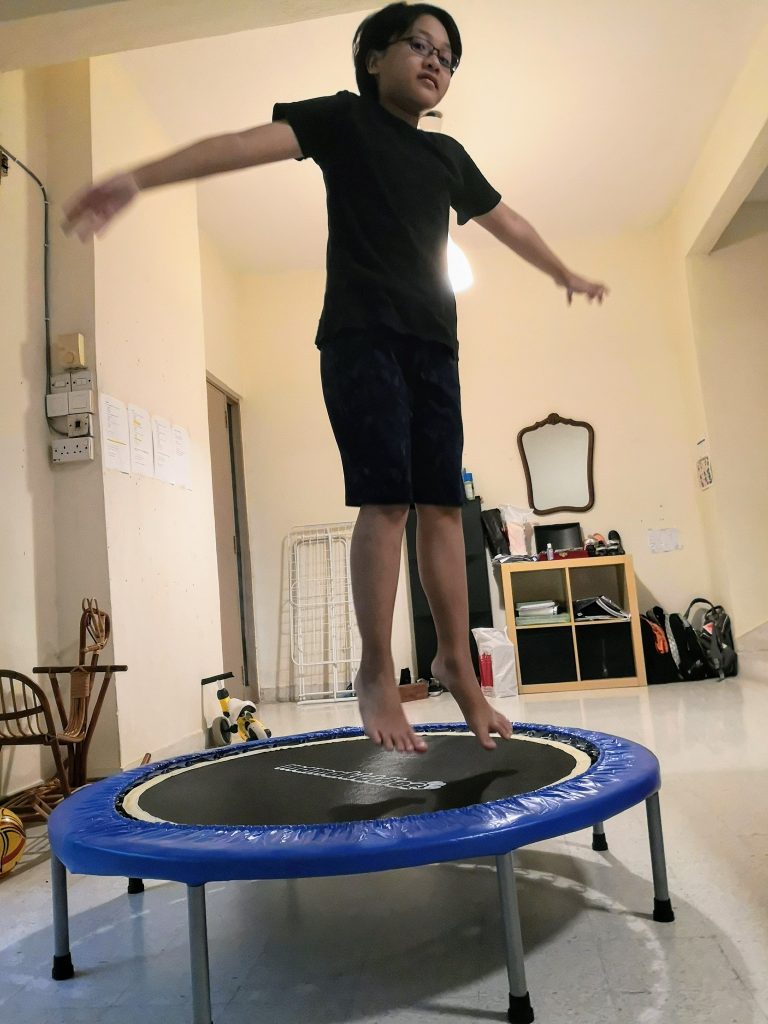





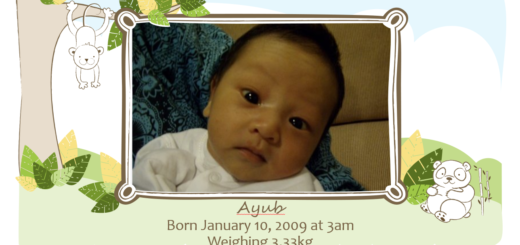
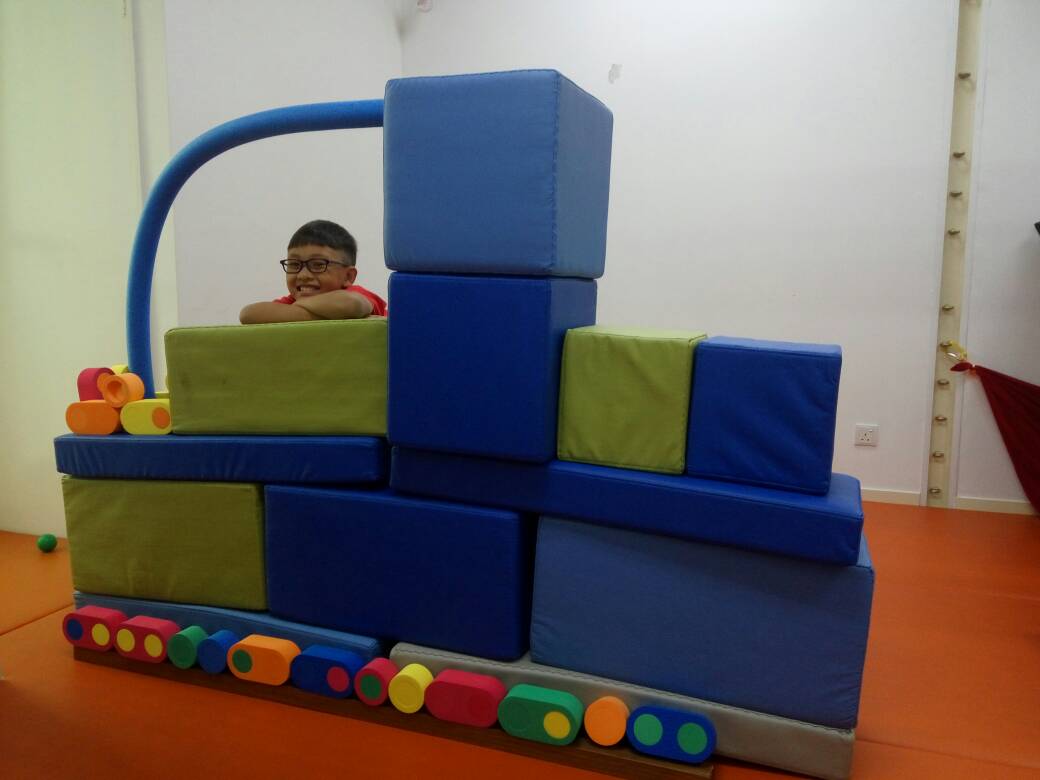


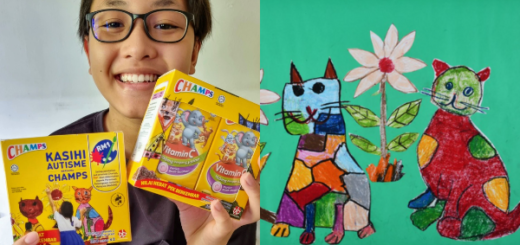
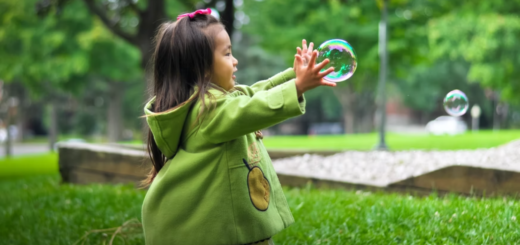

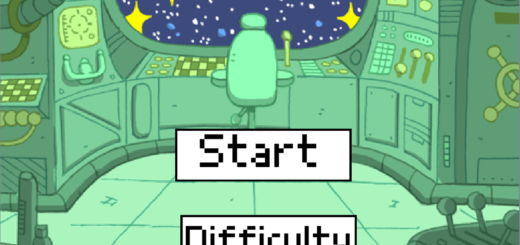








Facebook Comments